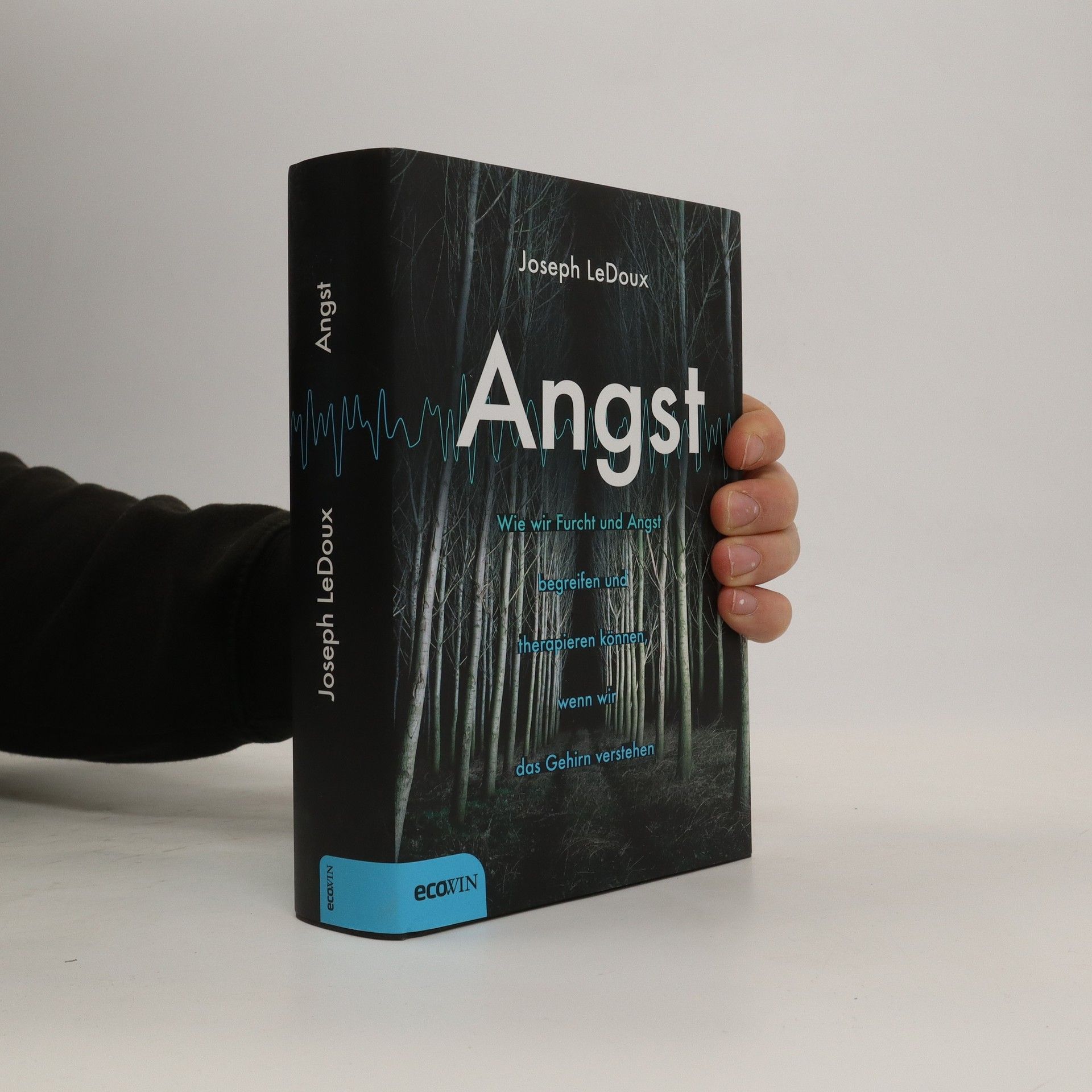Das Netz der Persönlichkeit
- 510 Seiten
- 18 Lesestunden
Ein Hirnforscher lüftet das Geheimnis der menschlichen Persönlichkeit Wer sind wir wirklich? Was haben Hirnvorgänge mit unserer Persönlichkeit zu tun? Diesen Fragen geht Joseph LeDoux auf den Grund. Seine provokante These: Unsere Synapsen sind es, über die Gefühle und Erinnerungen, Denken und Handeln sich herausbilden und die so die Entstehung der Persönlichkeit maßgeblich bestimmen. Erst das Zusammenspiel der Trillionen von Schaltstellen im Gehirn versetzt uns in die Lage, ein konsistentes Individuum zu sein. LeDoux zeigt anschaulich und auch für den interessierten Laien verständlich, wie unsere Synapsen Informationen speichern, wie sie durch Erfahrung immer wieder verändert und auf diesem Weg Lernvorgänge und Gedächtnis koordiniert werden - und wie daraus letztlich der Kern unserer Persönlichkeit entsteht. Ein provokantes Buch, das die große alte Frage nach der Persönlichkeit auf neue und überraschende Weise beantwortet. 'Joseph LeDoux' erhellender, spannender und kühner Entwurf wird Ihr Bild von sich selbst verändern.' Daniel Schacter, Harvard University Aus dem Amerikanischen von Christoph Trunk.




